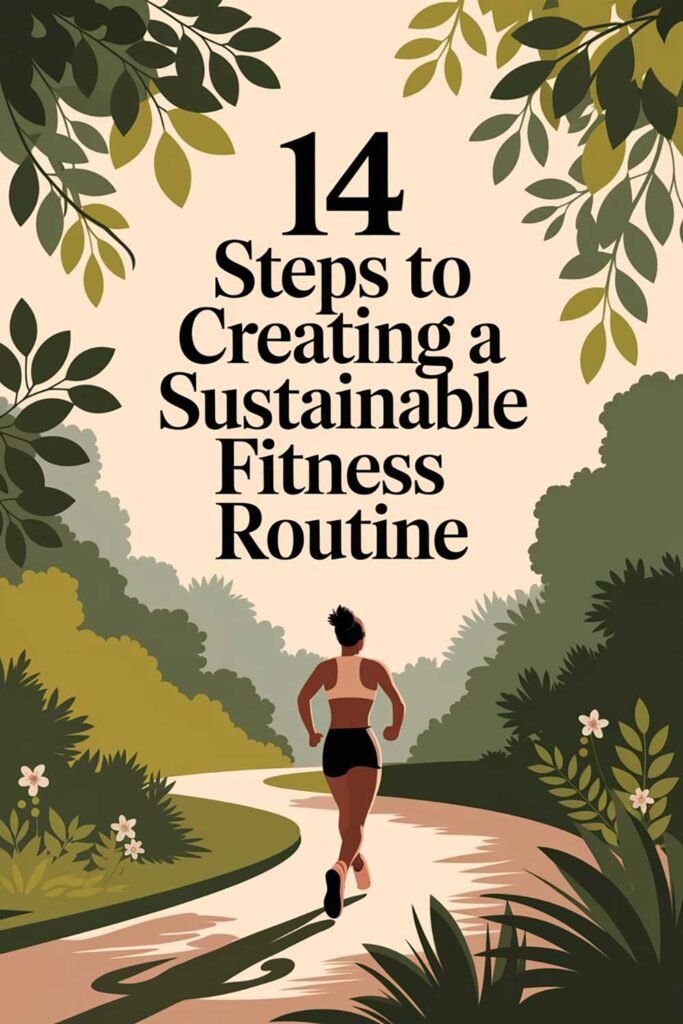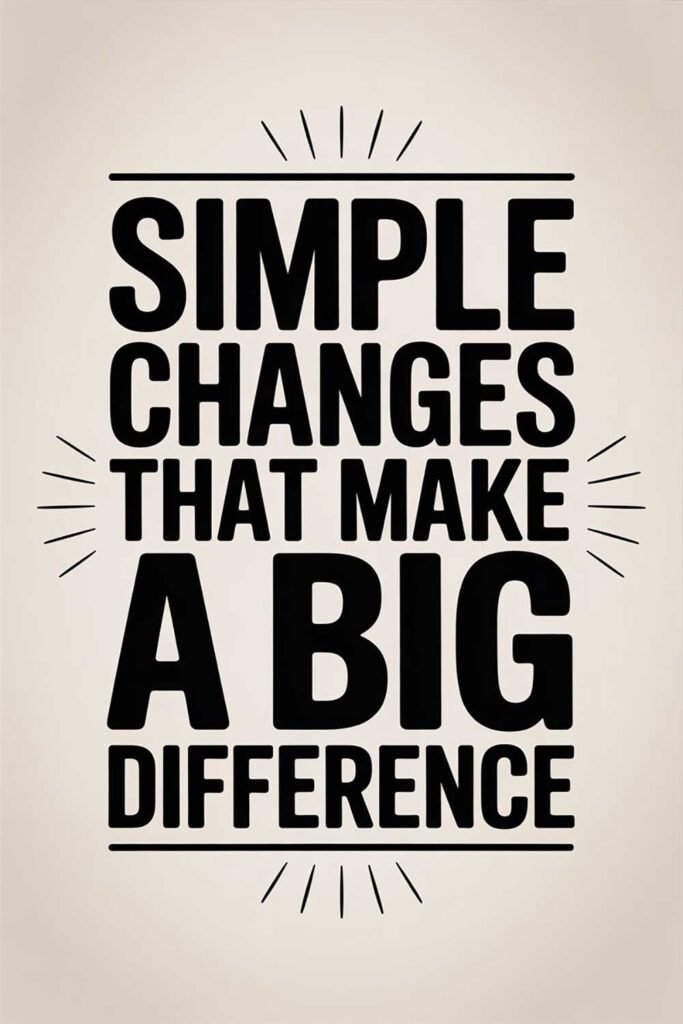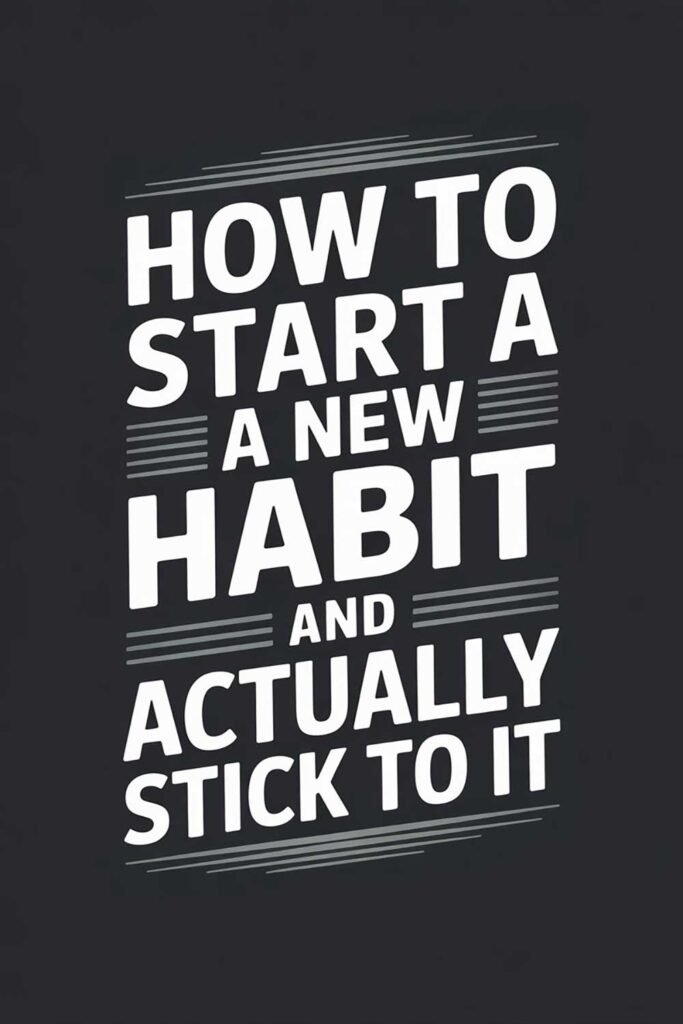9 Simple Steps to Achieving a Healthy Work-Life Balance
In today’s fast-paced world, finding a balance between work and personal life can feel nearly impossible. Long hours, demanding responsibilities, and constant digital connectivity make it easy to feel overwhelmed. However, achieving a healthy work-life balance is not only possible but essential for your physical health, mental well-being, and overall happiness. Here are nine simple steps to help you create a more balanced and fulfilling life.

1. Set Clear Boundaries Between Work and Personal Life
Blurring the lines between work and personal time can lead to burnout and exhaustion. Establishing boundaries ensures that work does not take over your life.
How to Set Boundaries:
- Create a dedicated workspace if you work from home.
- Set specific work hours and stick to them.
- Avoid checking work emails or messages outside of work hours.
Scientific Evidence:
A study in The Journal of Occupational Health Psychology found that employees who set clear work-life boundaries experienced lower stress levels and higher job satisfaction.
2. Prioritize Your Time and Tasks Effectively
Not all tasks are equally important. Learning to prioritize can help you accomplish more while reducing stress.
Time Management Tips:
- Use the Eisenhower Matrix to categorize tasks by urgency and importance.
- Break work into smaller, manageable tasks.
- Set daily goals to stay focused and productive.
Scientific Evidence:
Research in The Harvard Business Review found that effective time management leads to increased productivity and better mental health.
3. Take Regular Breaks to Recharge
Continuous work without breaks can lead to mental fatigue and reduced productivity. Short, intentional breaks help refresh your mind and boost efficiency.
How to Incorporate Breaks:
- Follow the Pomodoro Technique (25-minute work sessions with 5-minute breaks).
- Step outside for fresh air and sunlight.
- Engage in quick stretching or breathing exercises.
Scientific Evidence:
A study in Cognition found that short breaks improve concentration and prevent burnout.
4. Learn to Say No and Avoid Overcommitting
Taking on too many responsibilities can lead to stress and imbalance. Learning to say no helps you focus on what truly matters.
How to Set Limits:
- Politely decline extra tasks that do not align with your priorities.
- Communicate openly with your employer or colleagues about your workload.
- Practice self-awareness to recognize when you’re feeling overwhelmed.
Scientific Evidence:
A study in The Journal of Stress Management found that individuals who practice assertiveness in setting limits report higher job satisfaction and lower stress levels.
5. Make Time for Physical Activity and Self-Care
Exercise and self-care routines are crucial for maintaining energy, reducing stress, and improving overall well-being.
Ways to Incorporate Self-Care:
- Schedule regular workouts, even if they are just 15-30 minutes long.
- Practice mindfulness or meditation.
- Engage in hobbies that bring you joy and relaxation.
Scientific Evidence:
A study in The Journal of Occupational Health found that employees who exercise regularly experience less stress and higher productivity.
6. Disconnect from Technology Regularly
Being constantly connected can make it hard to relax and separate work from personal life. Unplugging from technology allows your mind to reset.
How to Disconnect:
- Set specific times to turn off work notifications.
- Implement a “tech-free” hour before bedtime.
- Spend more time engaging in face-to-face interactions.
Scientific Evidence:
A study in Computers in Human Behavior found that excessive screen time is linked to increased stress and lower overall well-being.
7. Schedule Quality Time with Loved Ones
Spending time with family and friends strengthens relationships and provides emotional support, improving overall happiness and life satisfaction.
Ways to Prioritize Relationships:
- Set weekly “date nights” or family dinners.
- Plan weekend activities that involve socializing.
- Engage in meaningful conversations without distractions.
Scientific Evidence:
Research in The Journal of Happiness Studies found that strong social connections lead to greater life satisfaction and reduced stress.
8. Get Enough Restful Sleep
Lack of sleep affects your mood, focus, and energy levels, making it difficult to maintain work-life balance.
How to Improve Sleep:
- Maintain a consistent sleep schedule.
- Create a relaxing bedtime routine, such as reading or meditating.
- Avoid screens and caffeine before bed.
Scientific Evidence:
A study in Sleep Medicine found that individuals who get 7-9 hours of sleep per night report higher productivity and better emotional well-being.
9. Regularly Reflect and Adjust Your Routine
Achieving work-life balance is an ongoing process. Regularly evaluating your lifestyle allows you to make adjustments that align with your priorities.
Ways to Reflect and Adjust:
- Journal about your stress levels and overall happiness.
- Set personal and professional goals.
- Identify areas that need improvement and make small changes accordingly.
Scientific Evidence:
A study in The Journal of Behavioral Medicine found that self-reflection leads to better decision-making and improved work-life balance.
Inspirational Quotes on Work-Life Balance
- “Balance is not something you find, it’s something you create.” – Jana Kingsford
- “Don’t get so busy making a living that you forget to make a life.” – Dolly Parton
- “You can’t do a good job if your job is all you do.” – Katie Thurmes
- “Time and health are two precious assets that we don’t recognize and appreciate until they have been depleted.” – Denis Waitley
- “Almost everything will work again if you unplug it for a few minutes, including you.” – Anne Lamott
- “Your work is important, but so is your well-being.” – Unknown
- “The key to success is not hard work; it’s smart work.” – Unknown
- “Work hard, but don’t forget to live.” – Unknown
- “Happiness is achieved when you stop waiting for it and make the most of the moment you’re in now.” – Unknown
- “Self-care is how you take your power back.” – Lalah Delia
Picture This
Imagine waking up feeling refreshed and ready to take on the day without stress or exhaustion. Your work is fulfilling, but it no longer consumes every moment of your life. You set clear boundaries, spend quality time with loved ones, and make time for activities that bring you joy. You feel in control of your schedule, rather than your schedule controlling you. Each day, you move closer to the perfect balance of productivity and relaxation, leading to a healthier and happier life. Are you ready to take the first step toward a well-balanced life?
Please Share This Article
If you found this article helpful, please share it with anyone who might benefit from learning how to achieve a healthy work-life balance.
Disclaimer
Results may vary. Always consult a doctor before making any health-related changes. This article is for informational purposes only and does not constitute medical advice.






